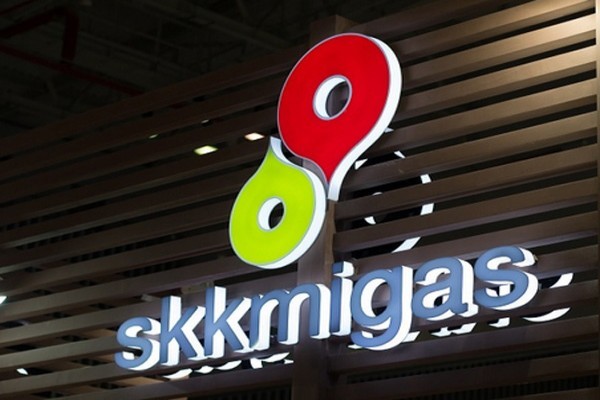Popular Reads
Top Results
Can't find what you're looking for?
View all search resultsPopular Reads
Top Results
Can't find what you're looking for?
View all search resultsSKK Migas offers relief for struggling oil, gas companies
Change text size
Gift Premium Articles
to Anyone
T
he Upstream Oil and Gas Special Regulatory Task Force (SKK Migas) said on Wednesday that it would allow upstream companies to postpone paying annual Abandonment and Site Restoration (ASR) fees in a bid to keep Indonesia’s production levels on track as the COVID-19 crisis continues.
The fees, which are used to address environmental issues associated with inactive oil and gas wells, will be collected next year instead. Companies are required to apply to SKK Migas for the relief.
“This is our way to ensure that targets for this year and the following years are met,” said SKK Migas head Dwi Soetjipto in a statement.
Postponing ASR payments is one of several relaxations SKK Migas has promised to oil and gas companies to keep their output in line with annual targets, despite this year’s crude oil price crash and the collapse in fuel demand.
The price of Brent, an international oil trading benchmark, hit a low of US$19.33 per barrel on April 21. On Friday, it was $43 per barrel. Experts say that despite signs of recovery, crude oil prices will likely remain low – below $50 a barrel – until next year, when the health crisis is expected to abate.
The task force has already revised down its 2020 oil production target by 4 percent to 725,000 barrels per day. It also revised down its gas production target by 14.2 percent to 5,727 million metric standard cubic feet per day (mmscfd), as a result of economic pressures.
“The contribution of annual ASR fees to expenses is, as far I know, a fixed amount, and it’s quite significant under such price conditions,” oil and gas observer Tumbur Parlindungan told The Jakarta Post on Wednesday.
He said with the ASR relaxation, companies would have more liquidity to service and maintain their existing oil and gas wells.
“Without that incentive, in the short term – two or three years ahead – the production decline might be sharper than in previous years,” he wrote in a text message.
Oil and gas producers in Indonesia have welcomed SKK Migas’ ASR relaxation as it gives them more room to adjust their cash flow, said Indonesian Petroleum Association (IPA) executive director Marjolijn Wajong.
IPA members comprise many of Indonesia’s top oil and gas producers, such as California-based Chevron, Texas-based ExxonMobil and London-based BP.
“But at the end of the day, the incentive will help some companies while, for others, it may [not],” she told the Post on Thursday, explaining that IPA members’ financial circumstances differed.
Many multinational oil companies have winded down investment in Southeast Asia because of economic pressures, said Angus Rodger, upstream research director at energy consultancy Wood Mackenzie Asia Pacific, in a press note on July 15.
“If governments genuinely want more spending on big development throughout the region, they are going to have to fight for it,” he said.










